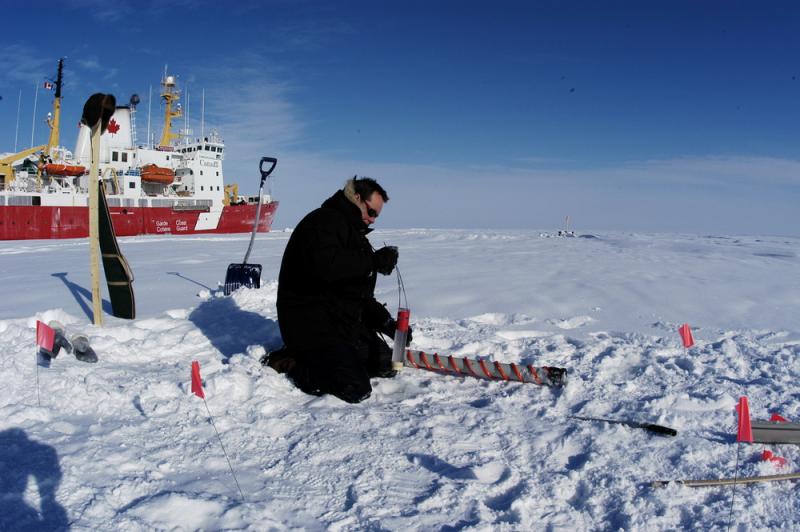
Connecting globally: Harnessing the power of three Arctic research centres
WHAT: The Arctic Science Partnership (ASP) involves the University of Manitoba’s Centre for Earth Observation Science (CEOS), Aarhus University (Denmark) and the Greenland Institute of Natural Resources.
HOW IT STARTED: The U of M’s Canada Excellence Research Chair in Geomicrobiology and Climate Change (CERC) initiated the partnership to address the need for international efforts to answer today’s complex questions about how changes in the Arctic impact our planet. The collaboration recognizes that local knowledge and continuous dialogue with northern communities are key.
HOW IT WORKS: The partnership brings together the academic and research capabilities of three internationally recognize Arctic research centres in joint research campaigns and integrated academic programs. It creates unique opportunities for training and knowledge exchange by having U of M students participate in courses, field campaigns and field schools with students from other provinces and countries. In 2014, the partnership (along with the ArcticNet Student Association) hosted the first annual ASP field school in Kuujjuarapik (northern Quebec). The school brought together 16 graduate students from Canadian and international universities, in an experiential and cross-curricular program that included Arctic security, ecosystem dynamics, engineering and geology.
THE GOAL: “[Arctic Science Partnership] research seeks to understand the complex interrelationships between different elements of Earth systems and how these systems will likely respond to climate change,” says Søren Rysgaard, CERC.
“ASP education inspires students interested in the Arctic system to exchange ideas with other students in an attempt to not only broaden their knowledge, but expand their research,” says John Iacozza, a senior instructor at CEOS. “The basic motivation for our work is: as a group we can answer more questions than we can individually.”
FUNDERS AND SUPPORTERS: The field school is funded by ArcticNet; Arctic Science Partnership; the Clayton H. Riddell Faculty of Earth, Environment and Resources Endowment Fund; Centre for Earth Observation Science; and the Department of Environment and Geography at the University of Manitoba. In kind support was provided by CEN and Air Inuit.
LEARN MORE






